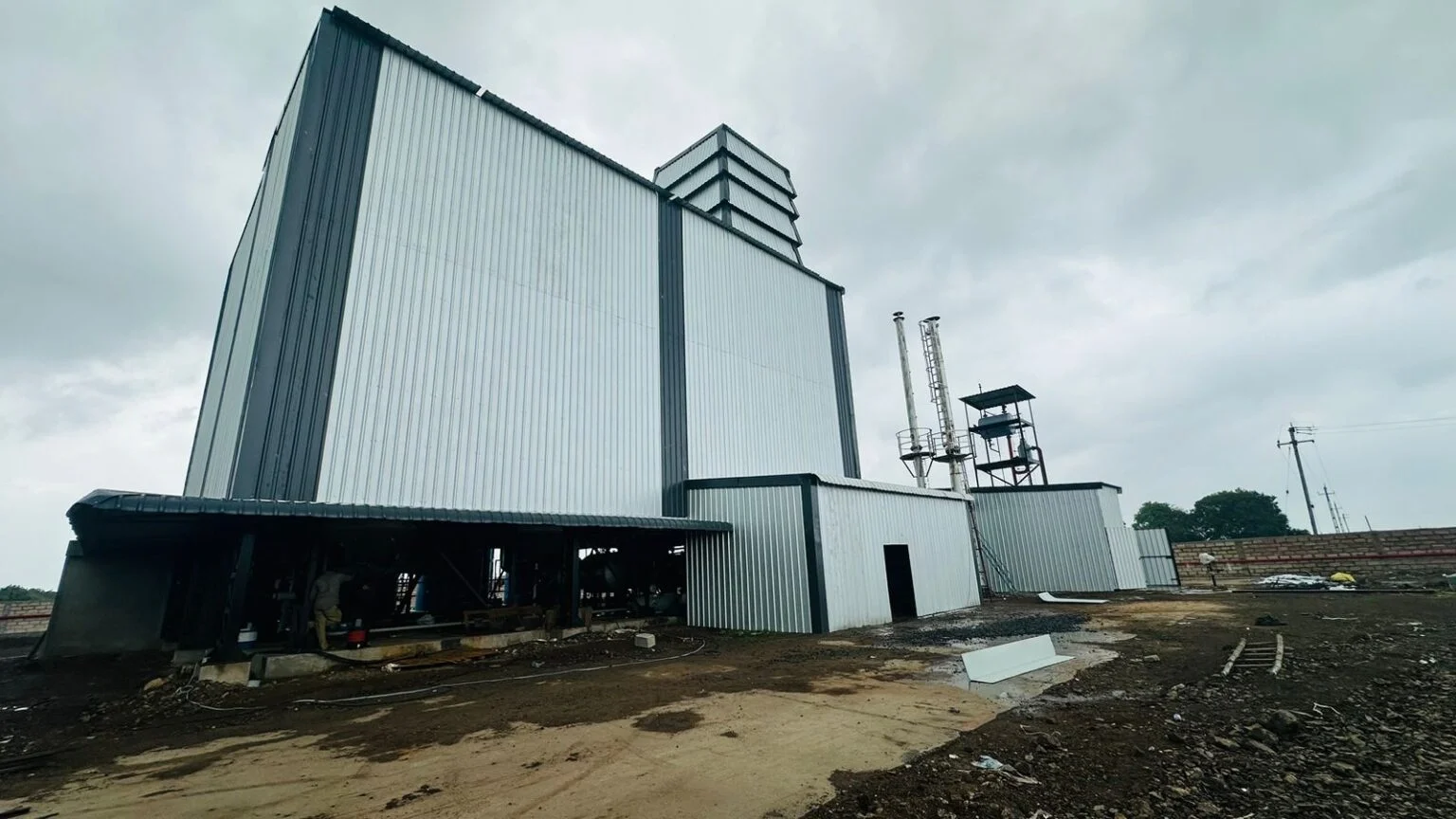Top 10 Advantages of Starting a Biodiesel Plant in 2025
As the world shifts toward sustainable and eco-friendly energy solutions, biodiesel has emerged as a promising alternative to traditional fossil fuels. In India, the demand for clean energy is growing rapidly, and biodiesel plants in India are becoming an attractive business opportunity. Starting a biodiesel plant in 2025 offers multiple benefits for entrepreneurs looking to invest in renewable energy. This article highlights the top 10 advantages of launching biodiesel plants in India this year.
1. Growing Demand for Renewable Energy
With increasing environmental awareness among consumers and industries alike, there is a clear shift toward renewable energy sources. Government policies favoring clean energy, such as the National Bio-Energy Mission and incentives for biofuel production, further fuel this demand. Biodiesel blends can be easily used in existing diesel engines without modification, making biodiesel plants in India highly relevant across industries such as transportation, agriculture, and manufacturing. This adaptability enhances its appeal and market potential.
2. Government Support and Incentives
The Indian government is actively promoting green energy projects through various initiatives. Subsidies on plant setup costs, tax rebates, and concessional loans make it financially feasible for entrepreneurs to enter this sector. These government incentives significantly reduce the initial investment burden and operational costs, encouraging more businesses to establish biodiesel plants in India. Staying informed about these benefits can give new ventures a competitive edge.
3. Abundant Raw Material Availability
One of the biggest advantages of starting biodiesel plants in India is the ready availability of raw materials. India produces a vast amount of non-edible oils like jatropha, neem, and karanja seeds, along with used cooking oil and agricultural waste. These feedstocks are often inexpensive and locally sourced, which helps in maintaining low production costs and ensures sustainability. Efficient use of these resources also helps farmers by creating additional income streams, strengthening rural economies.
4. Environmentally Friendly Fuel Option
Biodiesel is known for producing significantly fewer greenhouse gases and harmful pollutants compared to conventional diesel fuels. Starting biodiesel plants in India means contributing directly to reducing air pollution and carbon footprints, which aligns well with global efforts to combat climate change. Cleaner fuel options like biodiesel also improve public health by lowering the levels of toxic emissions in urban and industrial areas.
5. Employment Generation
The biodiesel industry has a strong potential for creating jobs across different stages of production. From sourcing raw materials like oilseeds and used cooking oil to processing and distribution, biodiesel plants generate employment in both rural and urban areas. These jobs range from farming and collection to technical roles in manufacturing and quality control. By starting biodiesel plants in India, entrepreneurs not only build a business but also support community development.
6. Reducing India’s Dependence on Imported Fuel
India depends largely on foreign oil supplies to fulfill its fuel requirements. This dependence makes the country vulnerable to international market fluctuations and geopolitical risks. By investing in biodiesel plants in India, businesses help reduce this reliance by producing a sustainable, homegrown fuel alternative. This shift toward domestic energy production improves the country’s energy security and conserves foreign exchange reserves, which benefits the economy as a whole.
7. Faster Setup with Modern Technology
Technological advancements have simplified the process of establishing biodiesel plants. Modern modular plant designs and automation reduce setup time and initial capital expenditure. With innovative extraction and processing technologies, plants can now operate more efficiently and with higher yields. These improvements make 2025 an ideal year to enter the biodiesel market, as entrepreneurs can start operations faster and scale production effectively.
8. Versatile Market Application
Biodiesel blends are compatible with existing diesel engines, making them easy to adopt across different sectors such as transport, power generation, and agriculture. Because biodiesel can be applied in many different fields, businesses producing it in India can expect ongoing interest and stable sales. This versatility allows biodiesel producers to cater to a wide range of customers, increasing their market reach and revenue potential.
9. Reliable Partnerships and Support
Companies like Advance Biofuel provide expert consultation, supply of advanced equipment, and after-sales support to entrepreneurs setting up biodiesel plants. Collaborating with such experienced organizations can ensure smooth project execution, help navigate regulatory requirements, and provide ongoing technical assistance. This support system increases the chances of success and sustainable operation for new biodiesel ventures.
10. Long-Term Profitability and Growth
With steady demand driven by environmental regulations and government backing, coupled with the availability of cost-effective raw materials, biodiesel plants offer promising profitability. Entrepreneurs investing now in biodiesel plants in India position themselves for long-term growth within a rapidly expanding renewable energy sector. As the country moves toward cleaner energy goals, biodiesel is expected to become a vital part of India’s energy mix.
Conclusion
Starting biodiesel plants in India in 2025 is a forward-thinking decision for entrepreneurs aiming to tap into the renewable energy market. The advantages range from government incentives and environmental benefits to strong market demand and profitability. With the support of experienced partners like Advance Biofuel, you can confidently establish your biodiesel plant and contribute to a cleaner, greener future.













